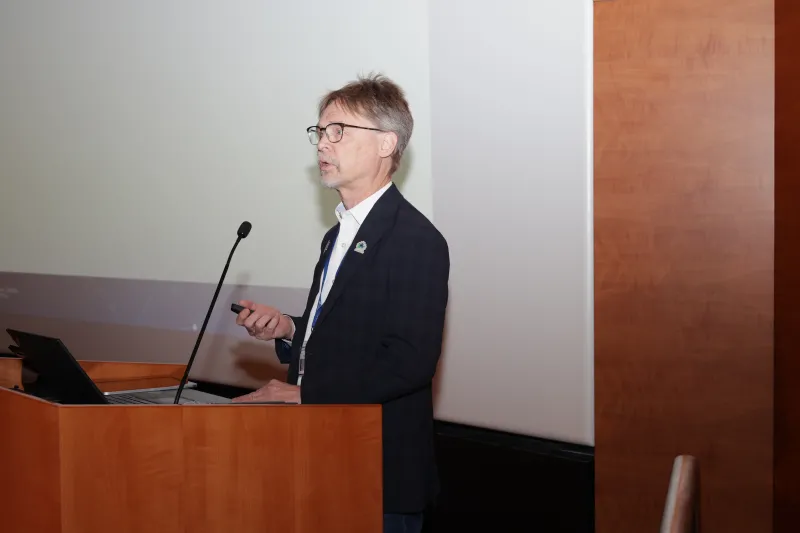It is estimated that 80% of individuals with rare diseases have a genetic cause for their condition. However, up to 50% of individuals with rare diseases are undiagnosed. While individuals with rare diseases may receive clinical genetic testing from their doctors, these genetic tests have limitations and may not find certain types of genetic changes that could cause rare diseases. Some individuals may have rare diseases that have not yet been discovered. Other individuals with genetic diagnoses may have diseases that are so rare that they are not yet well understood or widely recognized.

